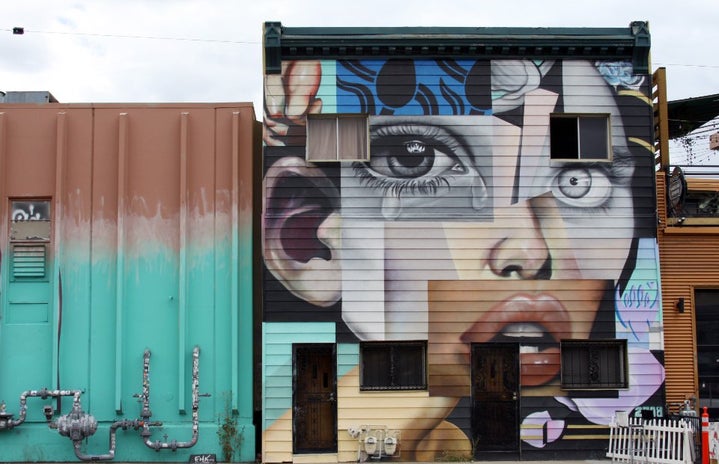Living with a chronic illness is hard. Living with a chronic illness that is also invisible can be even harder. When people can’t see something, they often have a hard time believing it’s there in the first place, which can be extremely detrimental to those who suffer from invisible conditions.
I suffer from three chronic conditions: Mastocytosis, Ehlers Danlos Syndrome and Postural Orthostatic Tachycardia. Although I could go into immense detail about all three of these disorders, the point is that every day I live with these conditions and experience symptoms that affect my daily life. Even on good days, my symptom list may be low, but there has not been a day in years where it has been zero. Many people with invisible illnesses are struggling every day to manage their symptoms, which only becomes harder when their disorders flare up.
Although we experience symptoms every day, it can be difficult for others to notice and understand the struggles experienced by people with invisible illnesses. One of the comments I have faced many times in my life, that seems to be a reoccurrence among those with invisible illnesses, is “but you don’t look sick.” This comment makes it seem as though there is a single way sick people should look, and that if you don’t fit this idea then there is no possible way you could be suffering. This idea is damaging to all those whose illnesses are not visible on the surface and undermines the experiences we go through. Just because you can’t see it doesn’t mean we can’t feel it.
There are days where I can’t keep up with life, where waking up in the morning takes so much energy that I have none left throughout the day. Sometimes my body can’t function properly, and I sit around watching people do things I wish I could do at that moment, but physically can’t. I am 20 years old, but my body doesn’t feel like it. It took a long time for me to understand and come to terms with my illnesses and some days I still like to pretend they don’t exist.
Most chronic illnesses will never go away. In my life, and in the lives of many others who suffer, there will never be a time where we will be completely cured. We can take plenty of medication, see however many doctors, but at the end of the day, our illnesses will always be a part of us.
Learning and understanding how many people suffer silently can be an eye-opening experience. You never truly know what someone is going through and what they have to deal with every day. The reality of living with any illness is difficult, and the physical and mental pain that comes with it is real, visible or not. So always be kind and understanding; don’t judge people based only on what you can see, as you’ll always be missing part of their story.


